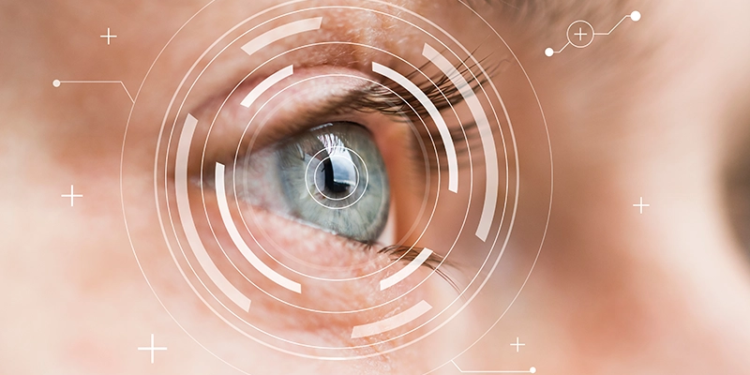Ashish Deshpande, PhD, director of the Rehabilitation and Neuromuscular (ReNu) Robotics Lab at the University of Maine (UMaine), Orono, has received a five-year research grant of more than $512,000 from the National Science Foundation. The funds will be used to pursue the development of a robotic prosthetic hand that will eventually be neurologically connected to the brain.

Ashish Deshpande, PhD, photograph courtesy of UMaine
Deshpande’s design encompasses miniscule links, cables, motors, and sensors that allow for “an accurate replication of the movement of the hand, fingers, and wrist,” according to the UMaine student newspaper, The Maine Campus.
“The current robotic hands are clunky, but if you explore your own hand, you notice that it has a lot of give,” Deshpande was quoted as saying in a January 31 UMaine press release.
A hand has muscles, tendons, tissues and ligaments, all of which give the hand a certain springiness and control and allow for the application of different degrees of pressure and complex ranges of motion. In order to incorporate such biological nuances into his prosthetic hand’s design, an advanced camera system and sensors have been set up in the ReNu Robotics lab to record and analyze human movements. A recent study gathered motion-study data on the hand biomechanics of 20 volunteers.
“The ultimate goal is to design a prosthetic hand that a user can easily control by thinking about it,” Deshpande said.




